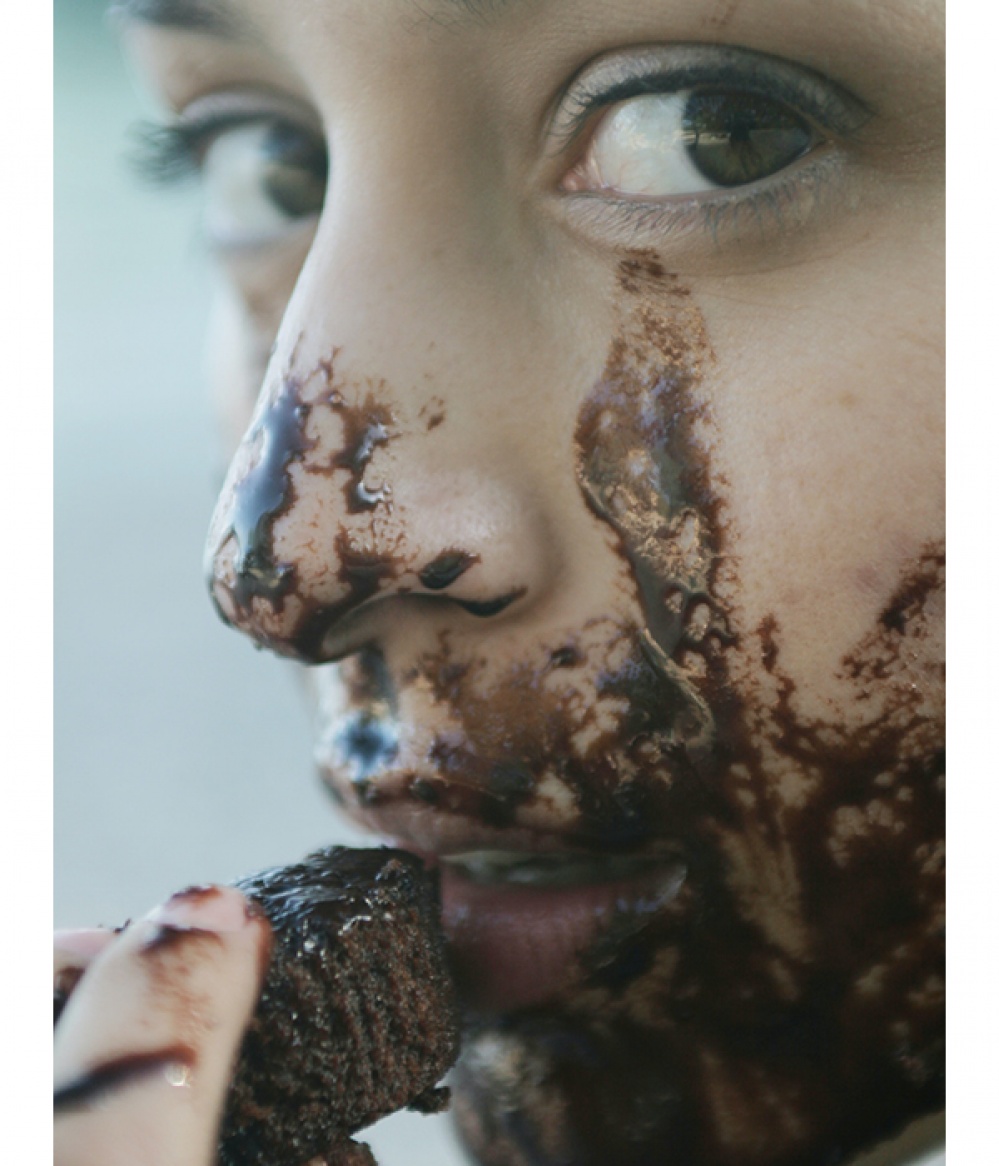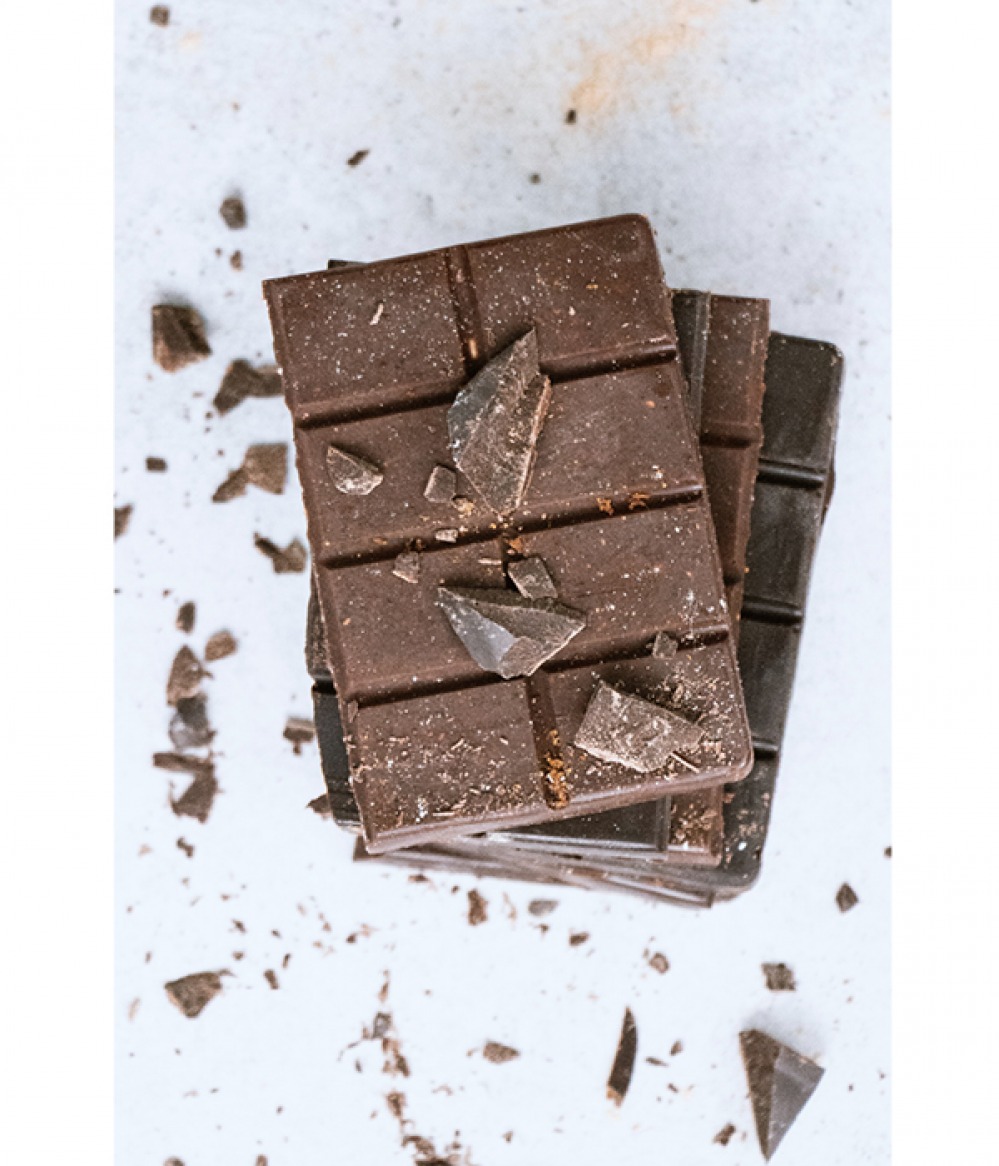Can Chocolate be a Marvellous Medicine?

Easter is the time of the year when you have an excuse to eat chocolate for breakfast, lunch and dinner...

Research has shown that chocolate has disease-fighting compounds and should in fact be consumed (in moderation) guilt-free. Cocoa, the key ingredient in chocolate, contains biologically active phenolic compounds and its antioxidant potential can have a range of health benefits. The higher the cocoa content, the more benefits there are.
Your Blood
Having the right amount of nitric oxide in your body can help your blood to flow more easily. The flavanols contained in the chocolate you’re eating can help to produce this vital vasodilator, and in turn take some of the pressure off your blood vessels. Along with plant sterols, these flavanols also help to lower the low-density lipoprotein levels in your body, more commonly know as ‘bad’ cholesterol. Experts argue that chocolate consumption therefore can support cardiovascular health by lowering cholesterol and improving blood pressure.
Your Memory
Scientists at Harvard Medical School have suggested that drinking two cups of hot chocolate a day could help keep the brain healthy and improve smarts. Researchers found that hot chocolate helped improve blood flow to certain parts of the brain and it’s also been found that a cocoa extract, called lavado, may reduce or even prevent damage to nerve pathways found in patients with Alzheimer’s, so consuming this extract could possibly help slow the symptoms of memory decline.
Your Heart
Studies have shown that higher levels of chocolate consumption could be linked to a lower risk of cardio metabolic disorders, aka heart disease. Along with its melt-in-the-mouth deliciousness, your favourite choccy also contains a variety of heart-healthy nutrients. Flavonoids, methylxanthines, polyphenols and stearic acid all help to reduce inflammation and increase the levels of good cholesterol that prevents plaque buildup in the arteries. So maybe eating all those dark Lindors wasn’t such a bad idea after all.
Your Brain
A Canadian study has found that people who ate one serving of chocolate per day were 22 percent less likely to experience a stroke than those who didn’t, while those who had around 60 grams a week were 46 percent less likely to die from a stroke. Why? Well in addition to being a tasty treat, one of the biochemical effects of chocolate is its ability to protect the inside lining of your blood vessels. It works to prevent stickiness that could contribute to the formation of harmful blood clots, which in the brain can cause ischemic strokes. Healthy blood vessels are also more resistant to the risk of tearing and leaking that results in sudden bleeding. So it’s simple cocoa that could actually protect you from a hemorrhagic stroke.
Your Pregnancy
You’ll never have to excuse your pregnancy cravings again. Eating around 30 grams of dark chocolate every day during pregnancy might benefit fetal growth and development. Research has also shown that chocolate consumption was associated with a lowered risk of preeclampsia in the first and third trimester, as well as lowered risk of gestational hypertension and improved blood flow to the foetus found in the first trimester. While you can’t substitute your prenatal vitamins for a chocolate bar, some other benefits of dark chocolate include being a source of magnesium, copper and iron minerals.
Your Energy
Findings published in The Journal of the International Society of Sports Nutrition suggest that a little dark chocolate might boost oxygen availability during fitness training. The success in this case is believed to be as a result of chocolate containing flavonols known as epicatechins. Not only does this lend cocoa its bitter taste, it can also amplify your cells’ mitochondrial
function. That’s science speak for: it can help with surges of extra energy during sport. Beetroot juice has a similar effect on athletic performance and maintaining pace, but we know which one we’d rather snack on…
Your Mood…
Last but not least, a benefit of eating chocolate we all know about! Cocoa contains an amino acid called tryptophan that your brain uses to produce the neurotransmitter serotonin. This feel-good chemical, along with other endorphins, are known as happy hormones because they make you feel just that – happy! Cocoa butter fats can also trigger tiny amounts of anandamide, a brain chemical which creates a feeling of pleasure, so the next time you’re down we give you permission to self-prescribe a chocolate bar (for purely medicinal purposes of course).
Note: Please assess the quality and quantity of the chocolate you are tempted to consume. Chocolate bars do not contain only cocoa, therefore the benefits and risks of any other ingredients, such as sugar and fat, need to be considered.







